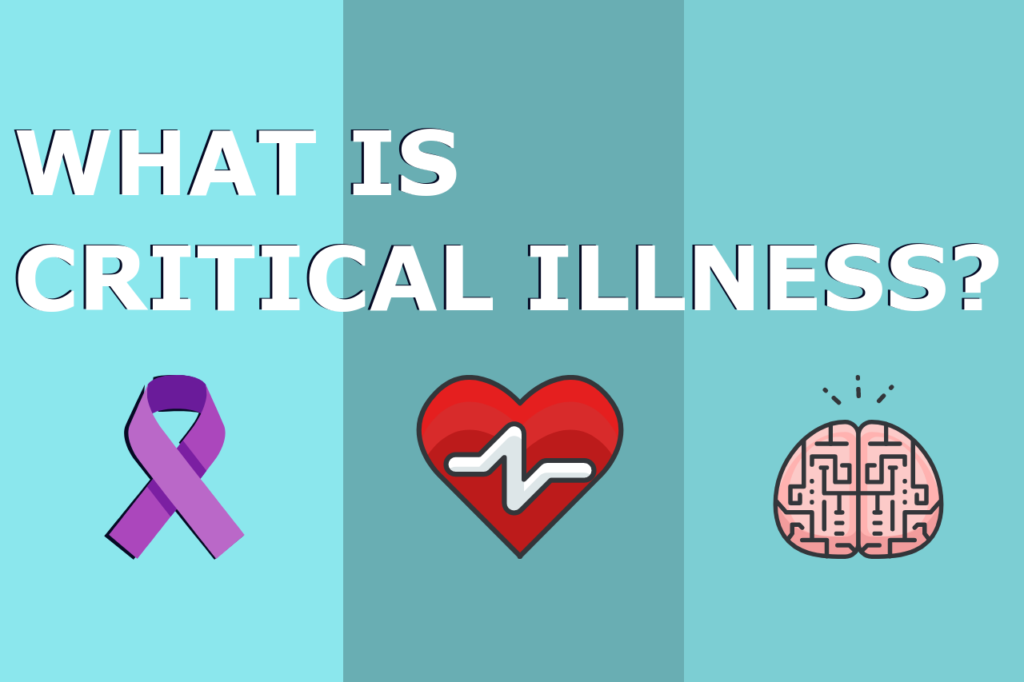
Recent strides in medical technology have ushered in an unprecedented era of treatment accessibility. However, the experience of dealing with a critical illness remains an arduous journey, both emotionally and financially. When faced with a diagnosis like cancer or the need for a major surgery, the toll it takes on your family can be overwhelming. Beyond the emotional stress, significant financial burdens can compound the challenges. Ensuring you have the right insurance in place can provide your family with security during times of profound uncertainty.
How does Critical Illness Insurance differ from Medical Insurance?
While you might have access to extended benefits through your employment, these benefits may have limitations. Critical illness insurance, in contrast, offers a one-time lump-sum payout, providing you and your family the flexibility to allocate the funds as needed. This insurance isn’t solely for covering medical expenses; it’s designed to ensure your family can continue meeting financial commitments, especially if a primary source of income is lost due to a critical illness or surgery. Most policies stipulate a minimum survival period, requiring you to survive for a specified number of days after an official diagnosis to receive the benefit payout. Once this period is met, the policy can be paid out, enabling you to explore alternative treatments, settle bills, or even arrange for private medical care, depending on your preferences. Uncertain about your eligibility for this type of insurance? It typically covers conditions such as heart attack, stroke, paralysis, cancer, kidney failure, coma, loss of limbs or sight, or major organ transplants. For more details about the conditions covered, feel free to reach out to us with any questions regarding your policy.
What Critical Illness Insurance covers:
While the actual coverage amount may vary depending on the policy you select, there are commonalities across most policies. In the event of a claim, all critical illness policies provide a one-time lump-sum payment after the minimum survival period has elapsed. You have the freedom to use this lump sum in any way you deem necessary, which can help alleviate the financial strain that a critical illness, such as cancer, may impose on a family, particularly in terms of replacing lost household income.
Factors like the duration of the minimum survival period can influence the premiums you pay. Longer survival periods typically result in lower premiums. We also offer optional coverage options, such as increasing the policy amount by 20% on every second policy anniversary for the first 10 years the policy is in effect. Moreover, if you become disabled for more than 90 consecutive days, RBC will collaborate with you to take over premium payments and refund any premiums paid during the initial 90 days.
What happens if I don’t experience a critical illness, but I have this policy?
In the event that you do not encounter a critical illness during your lifetime, there is an option to receive a refund of the premiums you paid, which will be disbursed to your family after your passing. We are here to assist you in selecting the most suitable critical illness policy for you and your family. Contact us today to obtain the best Critical illness insurance quote and explore your available options.
Frequently Asked Questions
- What’s the difference between critical illness insurance and disability insurance? Critical illness insurance provides a lump-sum payment, while disability insurance offers income payments in the event of injury or sickness. While general insurance covers a wide range of health issues, critical illness insurance specifically covers conditions like cancer, stroke, kidney failure, and other life-threatening illnesses.
- Is Critical Insurance Benefit Taxable. No, critical illness is not taxable in Canada. You get a lump sum amount when you apply for it which you can spend on treatments or anything you want.
